News
30. August 2019, Topic: Aquatic Ecotoxicology , Soil Ecotoxicology , Sediment Ecotoxicology , Risk Assessment
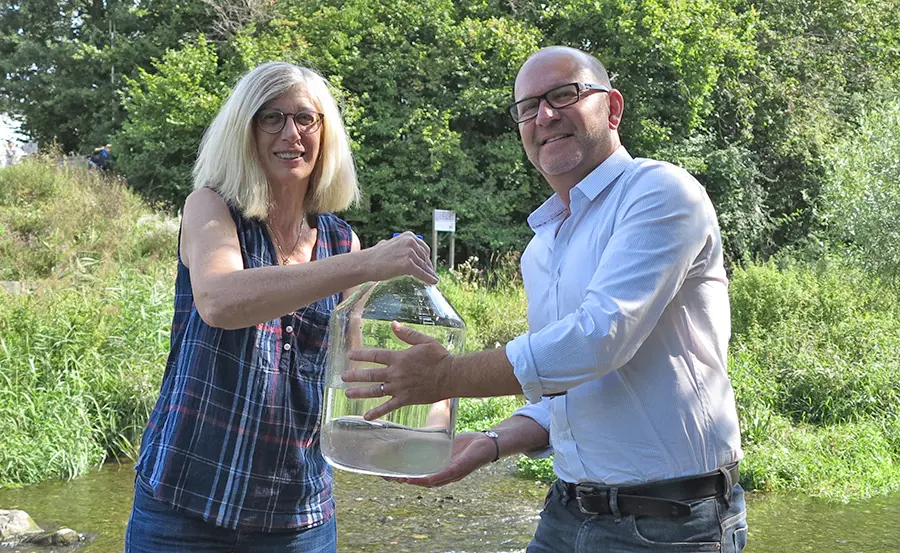
Benoît Ferrari takes over as interim director of the Ecotox Centre
On 1 September 2019, Benoît Ferrari will take over as interim director of the Ecotox Centre. Benoît Ferrari is an expert on the ecotoxicity of sediments and has been group leader for sediment and soil ecotoxicology at the Ecotox Centre in Lausanne since 2013. The current director, Inge Werner, will remain with the Ecotox Centre on a part-time basis until 2021.
Read more30. August 2019, Topic: Aquatic Ecotoxicology , Risk Assessment
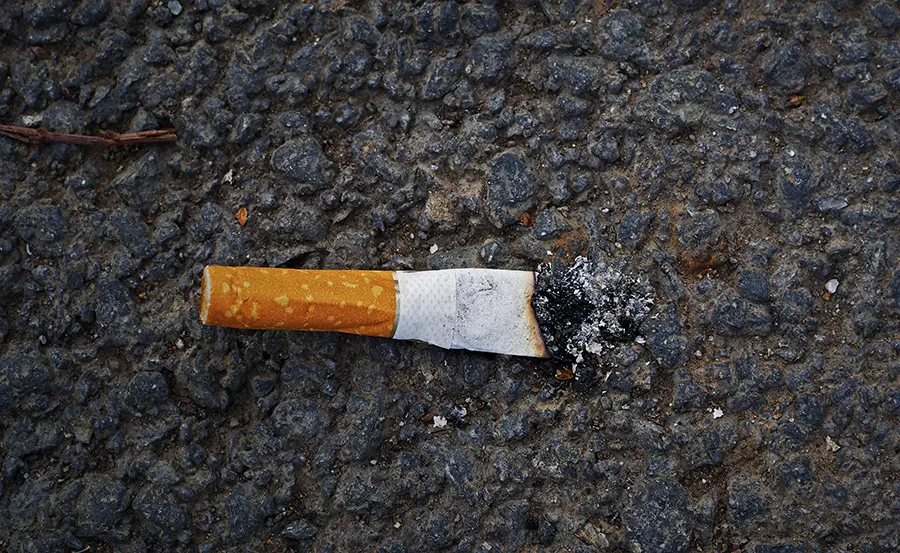
How toxic are cigarette butts?
At least one in three cigarettes worldwide is discarded onto the ground after smoking – a new info sheet informs about their ingredients, environmental behaviour and toxicity.
Read more27. June 2019, Topic: Aquatic Ecotoxicology , Sediment Ecotoxicology
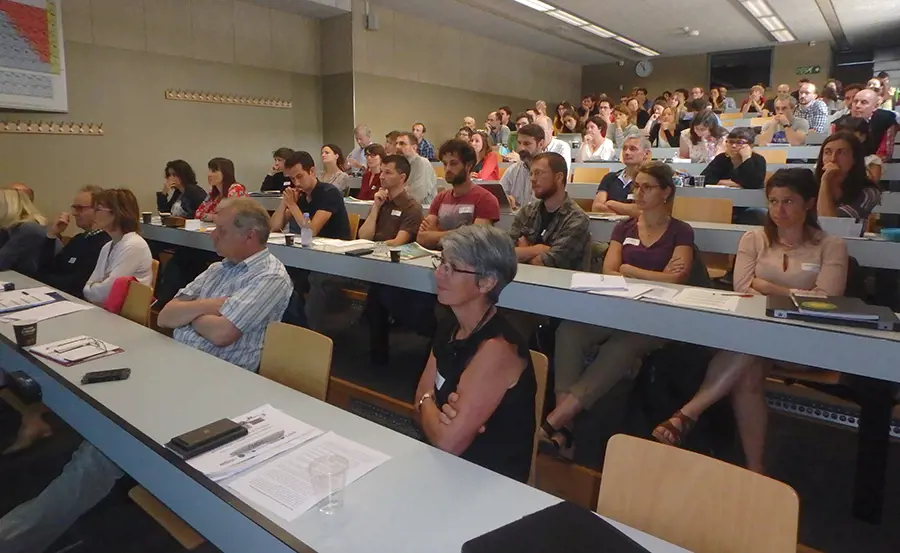
Successful eDNA Day
More than 80 participants from France and Switzerland attended the eDNA Day in Geneva on 3 June and learned more about the potential of molecular methods to revolutionise the use of biomarkers.
Read more17. May 2019, Topic: Aquatic Ecotoxicology , Sediment Ecotoxicology

Oligochaetes show influence of WWTP effluent on sediments
The biological quality of two Swiss river sediments downstream of wastewater treatment plants is significantly worse than upstream. The Ecotox Centre scientists have been able to show this using oligochaetes .
Read more14. May 2019, Topic: Aquatic Ecotoxicology
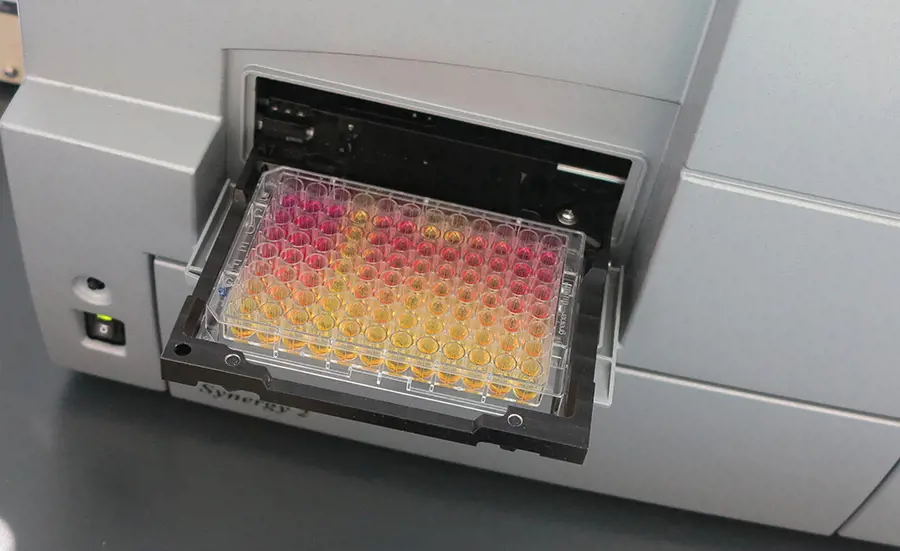
Bioassays and standardisation for the assessment of surface waters
A rough evaluation concept is available for the assessment of wastewater-polluted surface waters in Switzerland with the help of bioassays. Progress has also been made in standardising the individual work steps.
Read more10. May 2019, Topic: Aquatic Ecotoxicology , Sediment Ecotoxicology , Risk Assessment
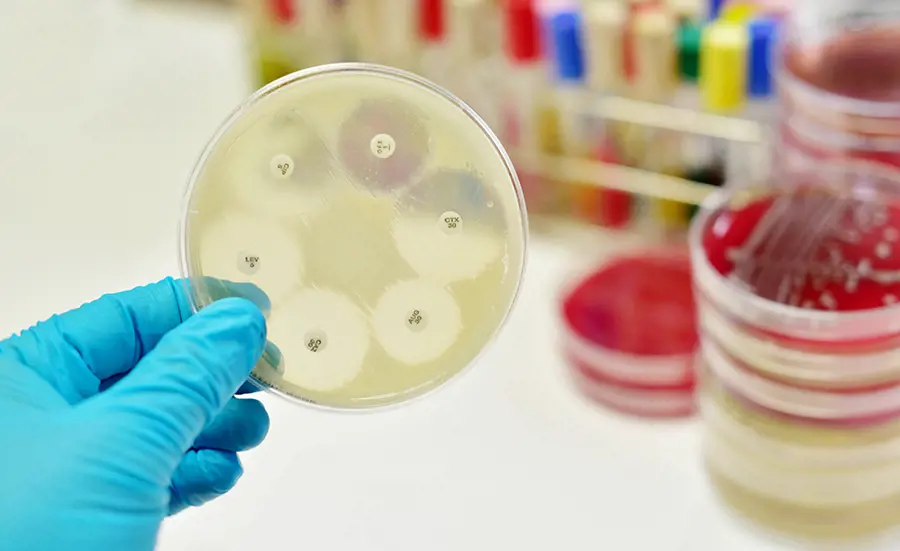
Do EQS protect against the spread of antibiotic resistance?
The environmental pollution with antibiotics can lead to more resistance against these substances. However, the generation of antibiotic resistance is not taken into account when deriving environmental quality criteria (EQS). For eight substances, the Ecotox Centre has investigated whether the available EQS also protect against the development of antibiotic resistance in surface waters.
Read more25. April 2019, Topic: Aquatic Ecotoxicology , Soil Ecotoxicology , Sediment Ecotoxicology , Risk Assessment

Two new faces at the Ecotox Centre
We welcome our new colleagues Anne-Sophie Voisin and Alexandra Kroll!
Read more02. April 2019, Topic: Aquatic Ecotoxicology , Risk Assessment
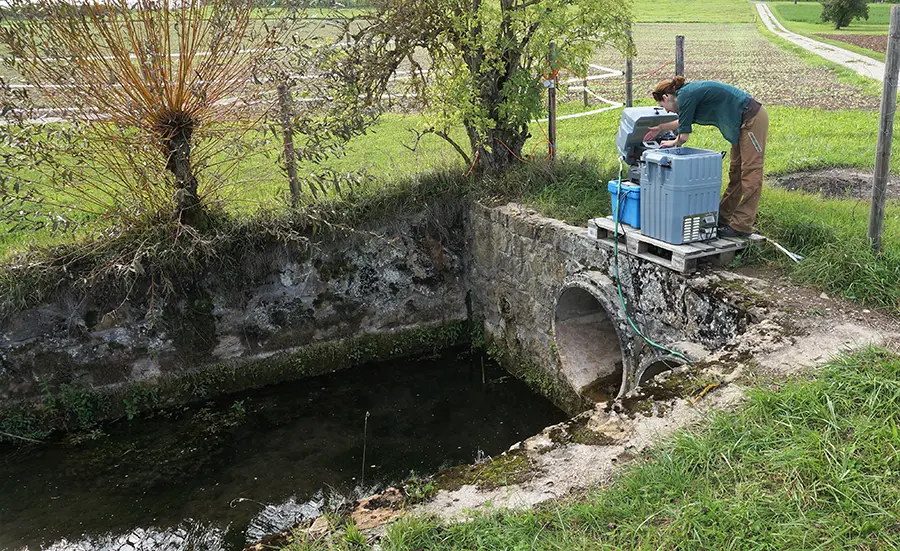
High risks due to pesticide mixtures
The use of organic pesticides leads to high ecotoxicological risks for plants, invertebrates and vertebrates - this has been confirmed by a comprehensive study in five creeks. The results from biotests and bioindicators confirm the results from chemical analysis.
Read more07. March 2019, Topic: Aquatic Ecotoxicology , Sediment Ecotoxicology
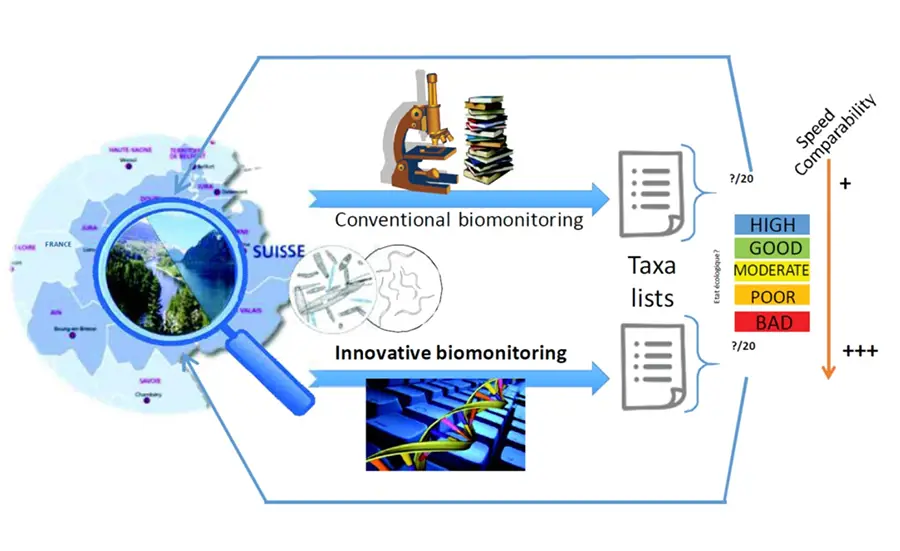
eDNA Day on June 3, 2019 in Geneva - Save the Date!
Quickly and cost-effectively determine all species in a water or sediment sample and thus assess environmental quality: such is the promise of studies with environmental DNA (eDNA).
Read more15. January 2019, Topic: Aquatic Ecotoxicology , Sediment Ecotoxicology , Soil Ecotoxicology , Risk Assessment

Info sheet on mercury
Mercury is a highly toxic heavy metal that naturally occurs in the environment, but also is released by humans. A new info sheet provides information on the presence of mercury, its toxicity and the legal situation.
Read more